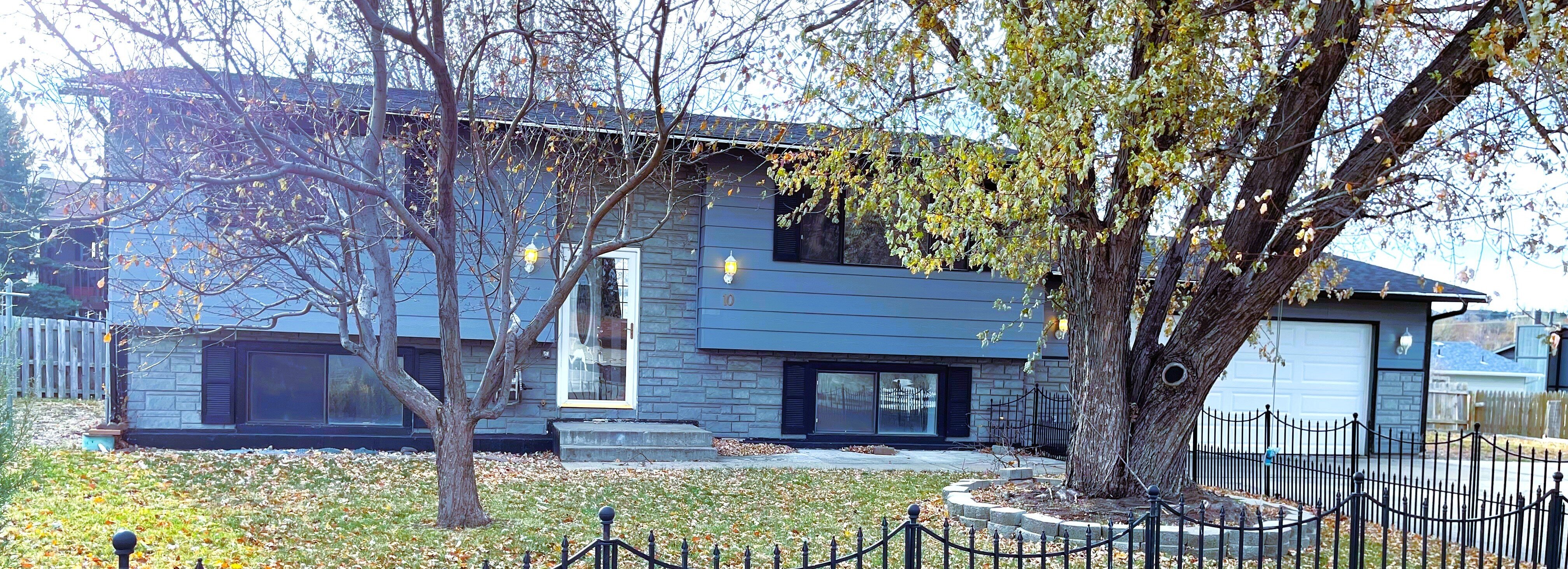
Selling your home in Cheyenne involves more than just listing it and finding a buyer—it also means understanding your legal responsibilities as a seller. One critical element is providing real estate disclosures. These disclosures are designed to inform buyers of any known issues with the property so they can make an educated decision before finalizing the purchase. In this post, we’ll break down the key facts about real estate disclosures and what they mean for you as a seller in Cheyenne.
Understanding Real Estate Disclosures
Real estate disclosures are legal documents that outline any known defects or problems with the property. Their purpose is to protect buyers by ensuring they are fully informed about the home’s condition before completing a transaction. This can include issues such as foundation cracks, electrical malfunctions, roof leaks, mold, or past flooding. Disclosures may also cover updates or renovations—especially if they were done without permits or by non-licensed contractors. Buyers have the right to know what they’re purchasing, and disclosures help ensure transparency.
Why Full Disclosure Matters
Being honest about your property’s condition isn’t just good practice—it’s the law. Disclosures promote integrity in real estate transactions and help build trust between buyer and seller. When you’re upfront about known defects, buyers are less likely to feel misled or caught off guard, which can prevent disputes down the line.
In fact, failure to disclose known problems could result in legal consequences. If a buyer finds out you knowingly withheld important information, they could take you to court, and you might face financial penalties—or worse, be forced to reverse the sale. Transparency not only protects the buyer but also shields you from liability.
What Sellers Are Expected to Disclose
While disclosure laws vary slightly by state, most sellers are required to share any material defects or conditions that could impact the home’s value or livability. These often include:
- Mold, mildew, or water damage
- Structural concerns or foundation issues
- Roof damage or leaks
- Electrical or plumbing problems
- Insect or rodent infestations
- Hazardous materials, like lead paint or asbestos
If you’re uncertain whether something qualifies for disclosure, it’s usually best to disclose it. Playing it safe can help you avoid potential conflicts later on.
Consequences of Withholding Information
Choosing not to disclose a known issue may seem tempting—especially if you’re worried it could scare off buyers—but it’s risky. If a defect is discovered after closing, and it’s clear you knew about it, you could be held legally responsible. Penalties may include monetary damages, legal fees, or even rescinding the sale. Honesty really is the best policy when it comes to protecting yourself during the transaction.
What If Your Home Needs Significant Repairs?
If your property has issues and you’d rather not deal with the hassle of repairs—or risk the consequences of missed disclosures—selling to a professional homebuyer like Windmill Home Solutions might be the ideal option. We buy houses in any condition, so you don’t need to fix anything or worry about what to disclose.
At Windmill Home Solutions, we make fair cash offers and handle the entire process from start to finish, including any paperwork or legal documentation. There are no agent commissions, no out-of-pocket expenses, and no surprises. It’s a simple, secure way to sell your house fast.
Final Thoughts on Real Estate Disclosures
Real estate disclosures are a key part of a lawful and smooth home sale. By being upfront about any problems, you protect both yourself and your buyer from future complications. But if your home needs repairs or you’re looking for a quicker alternative, consider working with a direct buyer like Windmill Home Solutions. We simplify the process, help you avoid costly mistakes, and buy your house as-is in Cheyenne and nearby areas.
Reach out to Windmill Home Solutions today at 844-809-0476 to learn more about how we can help you move forward with confidence.
